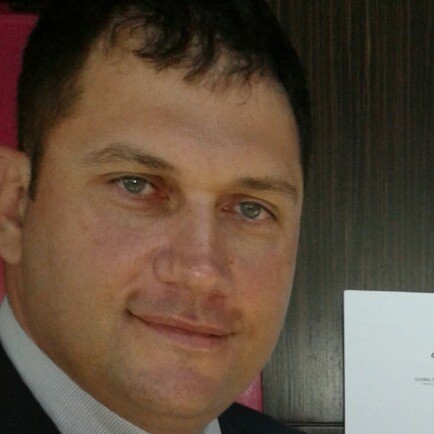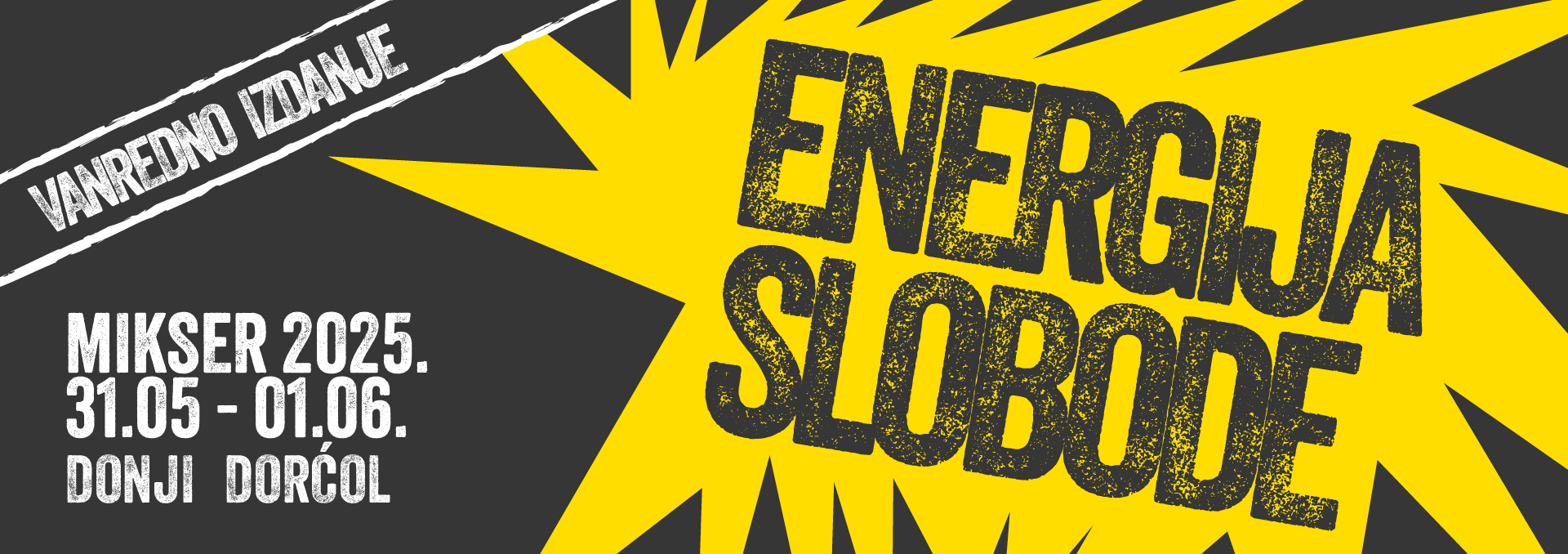Demand for green finance will certainly increase significantly in Serbia as they transition to an inclusive, circular economy with low carbon emissions progresses. Despite the fact that the COVID-19 pandemic has recently led to delays and reduced share of green investments, this development will guide both the policy of action and markets. When it comes to policy, the Green Deal of the European Union, as well as the Green Agenda for the Western Balkans related to it will provide the basis for Serbia’s development strategy in the future, as long as this country continues to harmonize its (environmental) policies with EU policies. Markets will when enabled to function properly, grow larger measures to encourage the transition to a green economy in the future, when investing in energy efficiency and sustainability of resource use, renewable energy sources, and other greens technologies become more profitable than investing in their (previous) conventional ones alternative
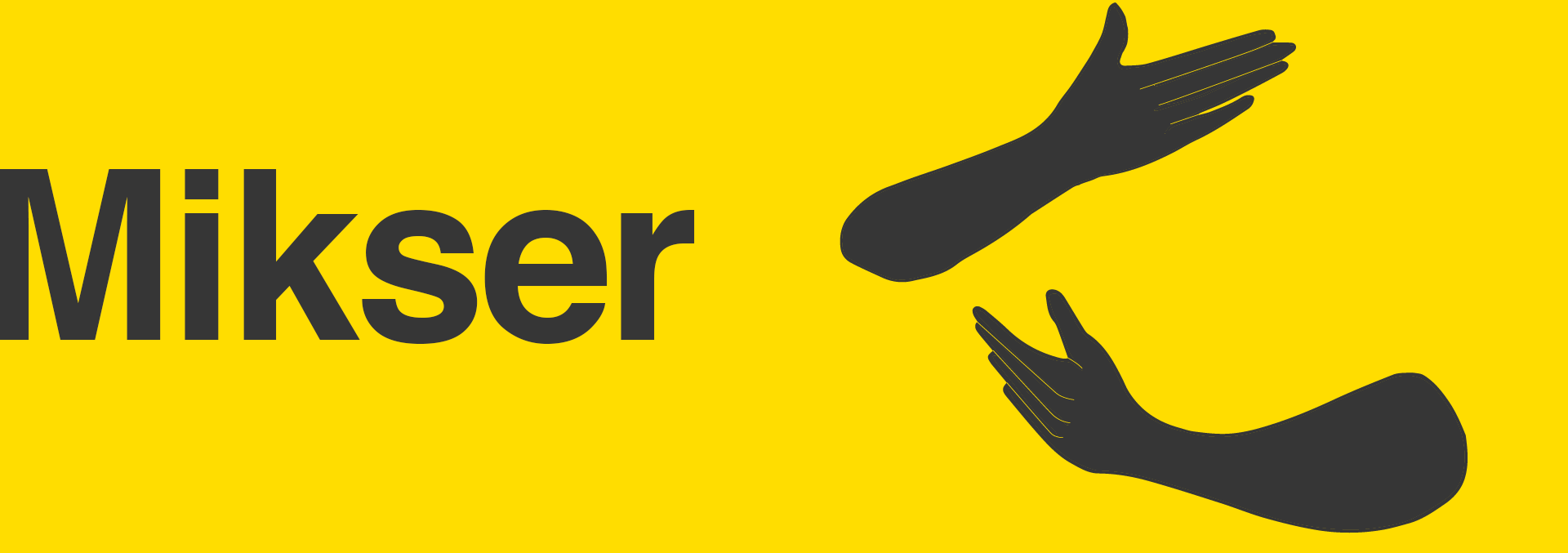
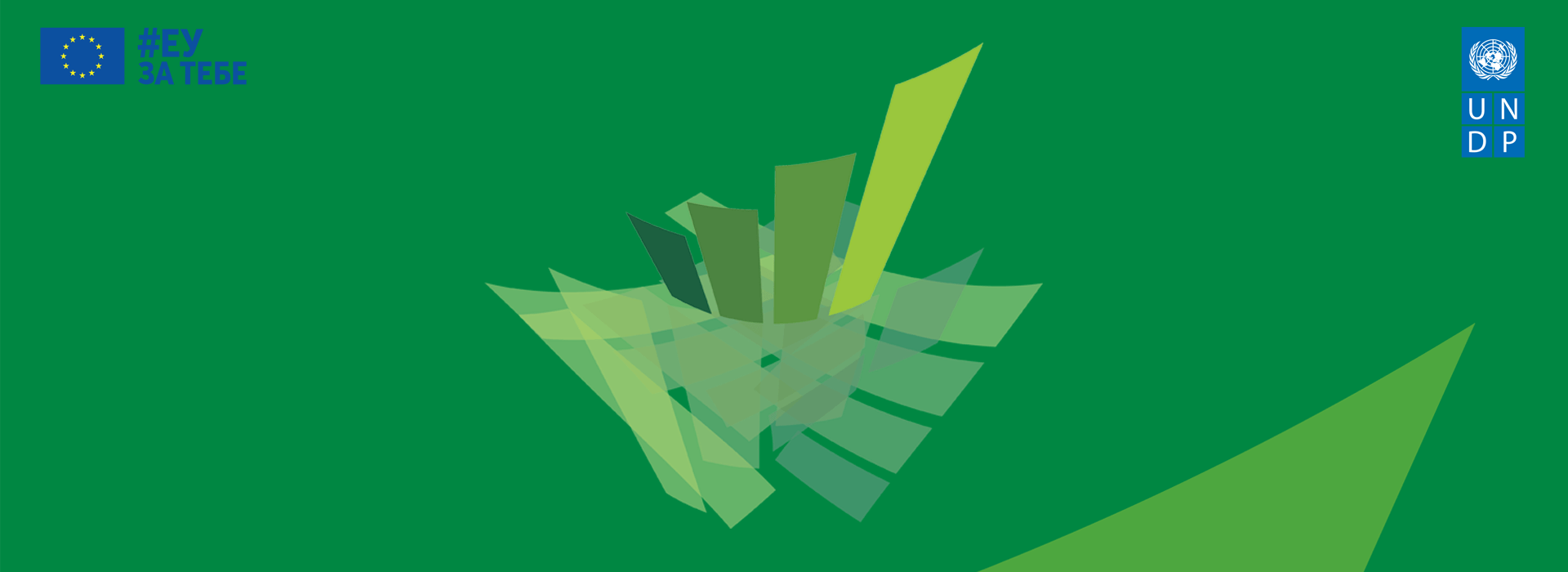
Panelists:
Antoine Avignon, Programme manager for Climate change at EU Delegation in Serbia
Yngve Engström, Head of Cooperation at EU Delegation
Milan Lakicevic, UNDP Inovative finance specialist
Sandra Dokic, Head of the Strategic Planning Sector, Ministry of Environmental Protection
Sinisa Mitrovic, Head of the Center for Circular Economy, Serbian Chamber of Commerce
Zarko Petrovic, Head of Resilient Development cluster at UNDP Serbia
MIKSER TALKS
28th May
10.00-11.00
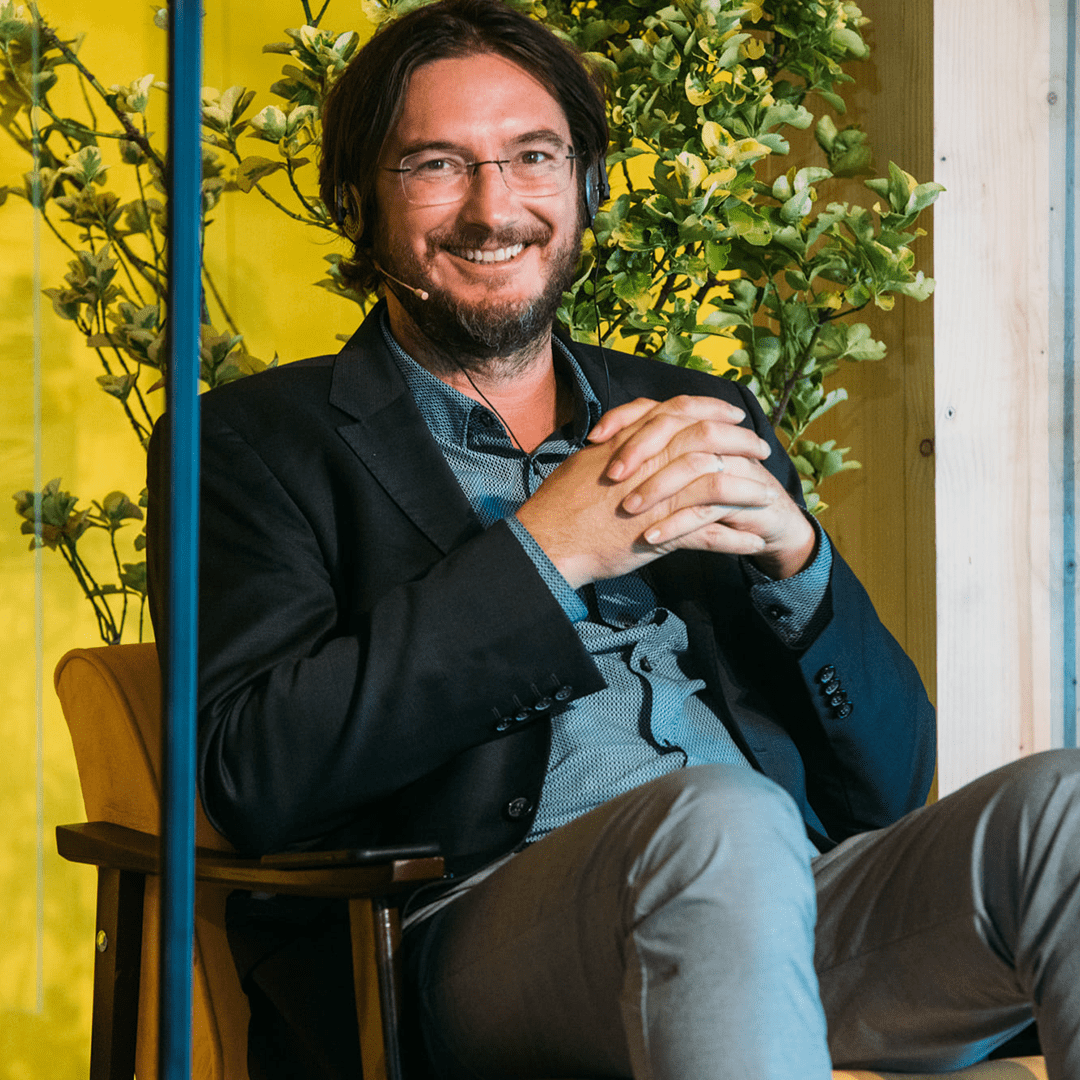
Antoine Avignon
Programme manager for Climate change at EU Delegation in Serbia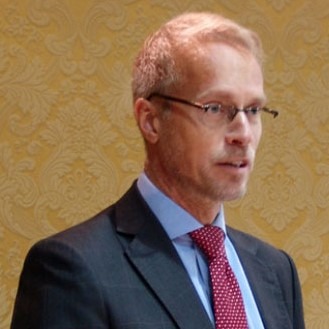
Yngve Engström
Head of Cooperation at EU Delegation
Milan Lakicevic
UNDP Inovative finance specialist
Sandra Dokic
Head of the Strategic Planning Sector, Ministry of Environmental Protection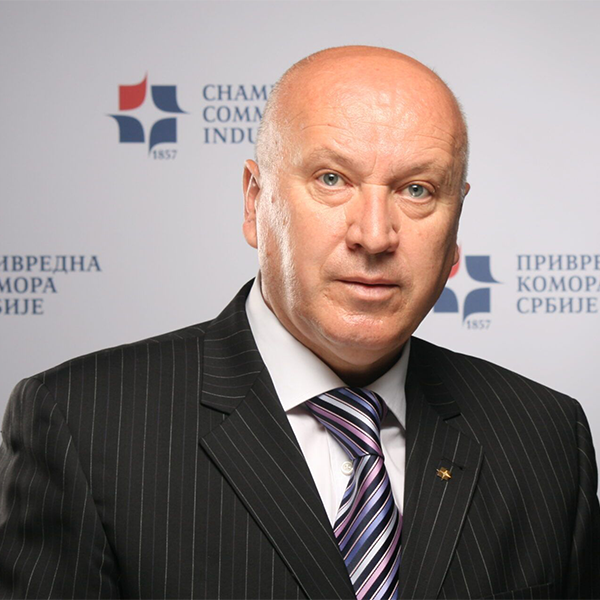
Sinisa Mitrovic
Head of the Center for Circular Economy, Serbian Chamber of Commerce